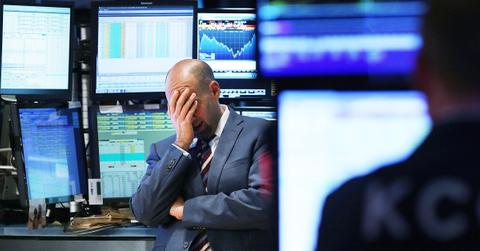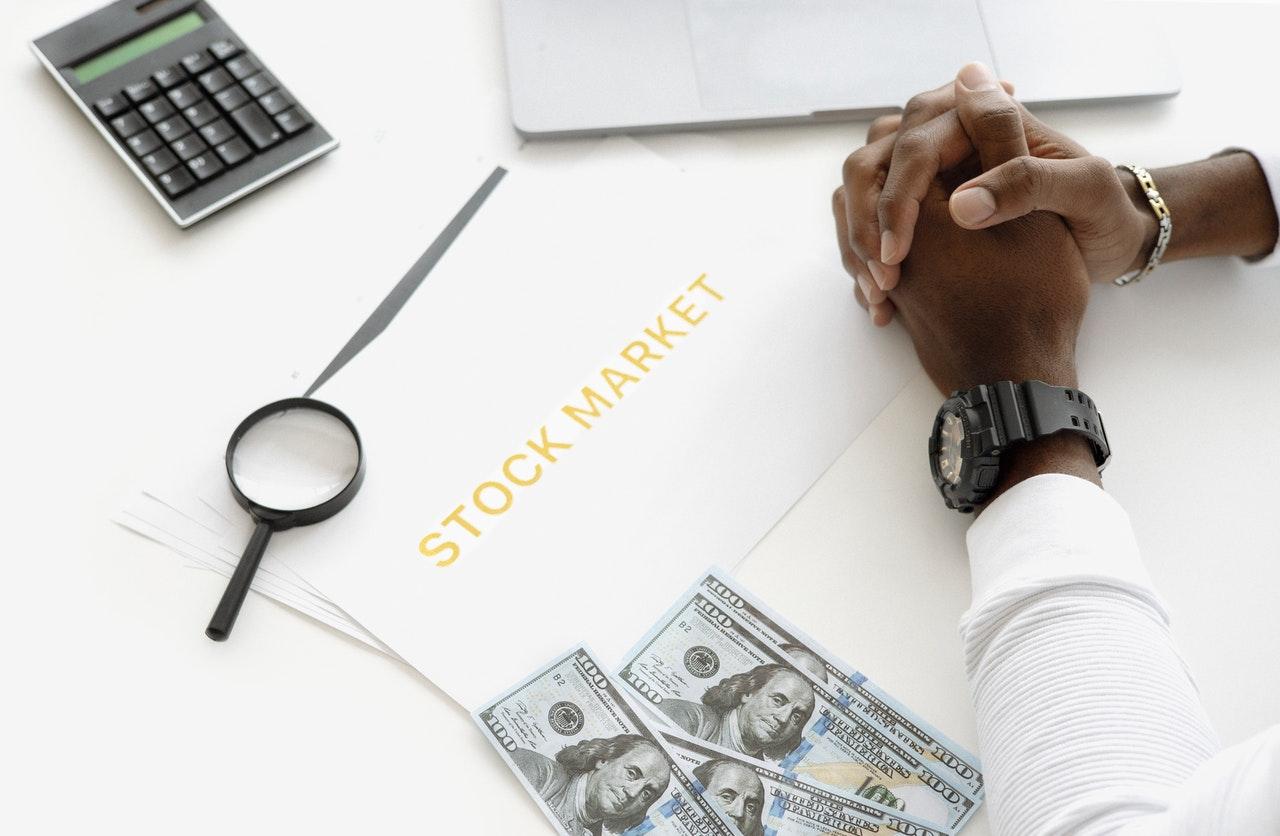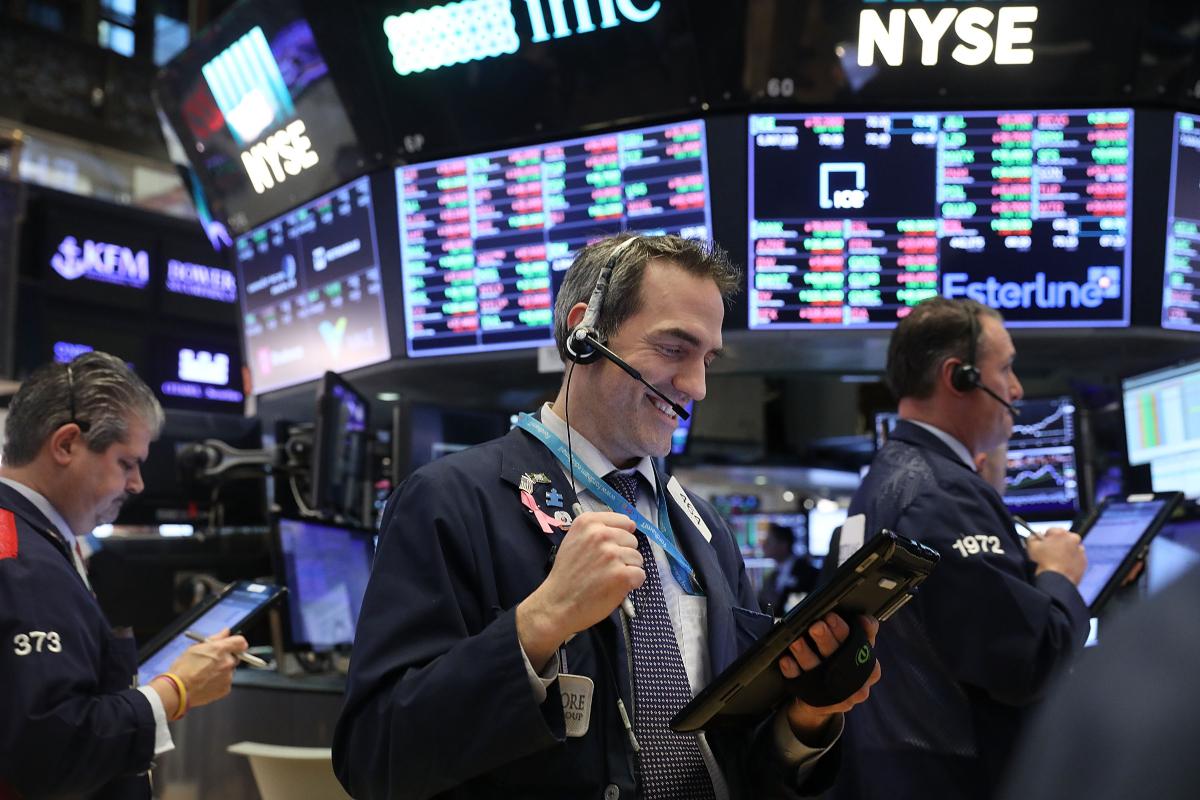Is the Stock Market Rigged, and Will Things Get Better?
Most Americans agree that the stock market is rigged. Is that really the case? What evidence do we have that it's rigged?
Oct. 5 2021, Published 6:38 a.m. ET

Many retail investors believe that the stock market is manipulated by big Wall Street hedge funds. But is the stock market actually rigged? Will things get any better?
A survey from Bankrate showed that over half of investors and 41 percent of non-investors felt that the stock market was rigged. Overall, 48 percent of U.S. adults surveyed felt that the stock market was manipulated.
What does a rigged stock market mean?
A rigged stock market means some market participants have an unfair advantage over others. One advantage is information asymmetry, in that market participants who have access to MNPI (material non-public information) can use that in their decisions. Although it's illegal to trade based on MNPI, there have been multiple instances of “insiders” using it. There have also been cases of fraud and scams where investors have been duped in Ponzi schemes.
Was WallStreetBets an example of the stock market being rigged?
While a lot of WallStreetBets fans might think otherwise, some of the moves the group made were rigging. The group pumped up stocks way beyond their fundamental values, resulting in several retail investors getting trapped in questionable companies. Rigging can be even worse in penny stocks, where prices are easier to influence.
Robinhood eventually halted trading, which Redditors saw as rigging by big institutions to deprive retail traders of the windfall gains from short squeezes. Therefore, WallStreetBets members could be seen as both perpetrators and victims of market rigging.
Is the stock market rigged?
The Bankrate survey showed that over 18 percent of respondents agreed that “the stock market is rigged against individual investors.” Another 35 percent somewhat agreed. Only 5 percent strongly disagreed with the statement, 8 percent somewhat disagreed, and 39 percent neither agreed nor disagreed.
Empirical evidence of rigging in stock markets
In addition to such survey results, there's empirical evidence suggesting that insiders make abnormal profits based on information they have. An insider is someone who holds over 10 percent of a company. There are over 82,000 such shareholders in the U.S.
Data compiled by TipRanks showed that between 2015 and 2020, stock purchases made by company executives outperformed the S&P 500 by an average of 5 percentage points in the year after the purchase. Whereas this doesn't necessarily mean all of these purchases were made based on MNPI, it's possible that some of them were.
According to Daniel Taylor, head of the Wharton Forensic Analytics Lab, “Most Americans today believe the stock market is rigged, and they’re right.” He added, “There is a lack of appreciation for the amount of opportunistic abuse that exists under the current system, the amount of egregiousness.”
Many would even argue that the primary market is also rigged. In IPOs, for instance, most stocks are reserved for the “big boys,” and small investors get the leftovers. An exception was the Robinhood IPO, where one-third of the shares were reserved for retail investors.
We are in a semi-efficient market
According to Efficient Market Hypothesis, markets can be "weak," "semi-strong," and "strong." In semi-strong markets, while all public information is reflected in prices, it's possible to make abnormal profits based on private information. In strong markets, it's not possible to make abnormal profits. Globally, markets are semi-strong.
All said, markets are rigged and always will be to a degree. However, through tougher regulations and surveillance technology, regulators can reduce rigging and insider trading.


